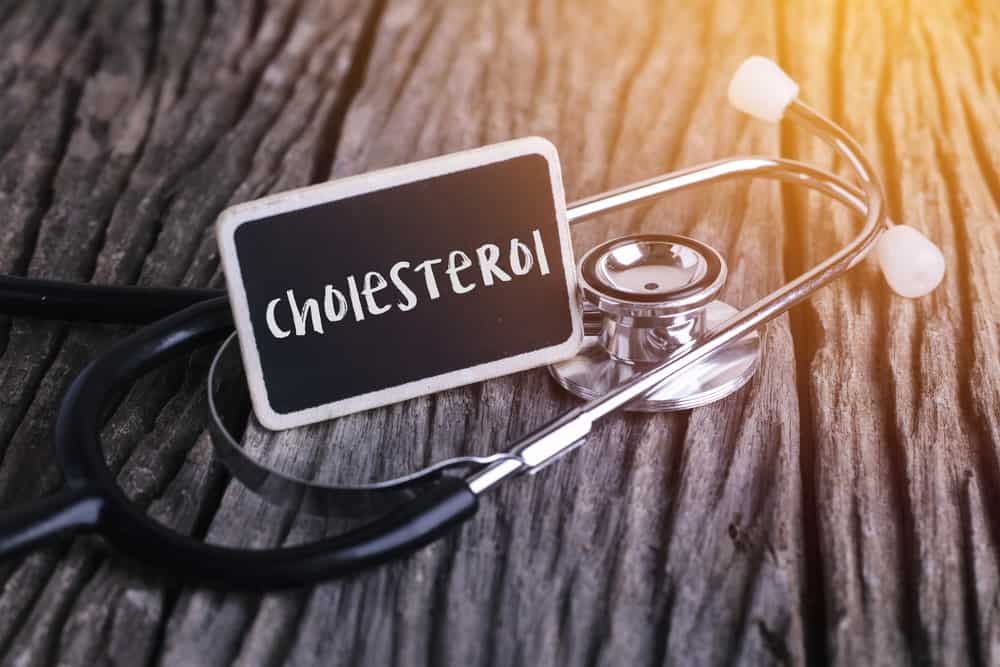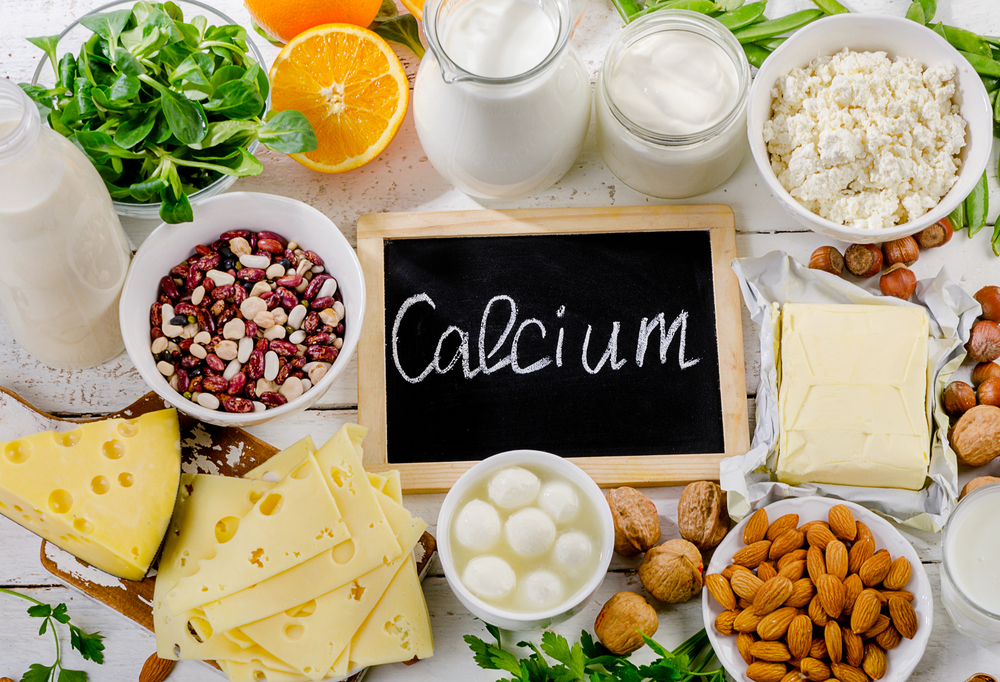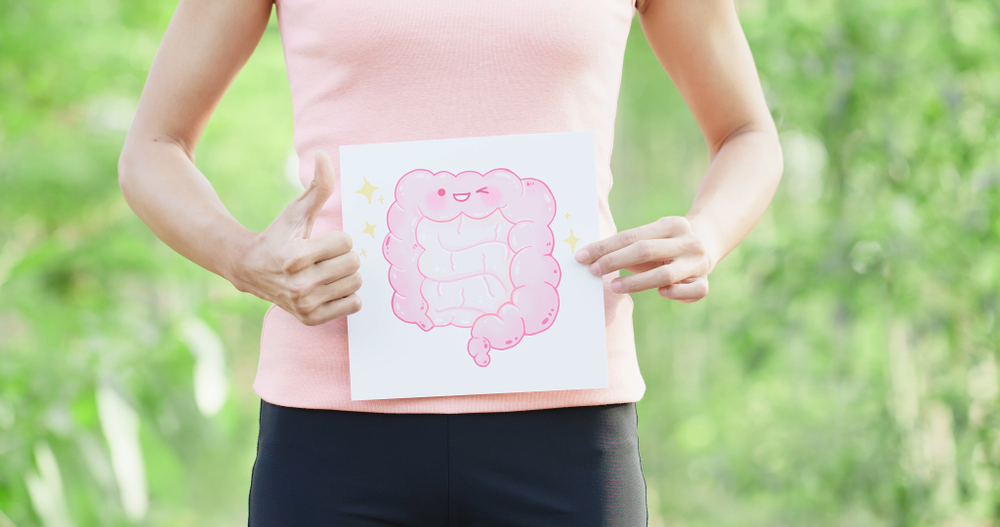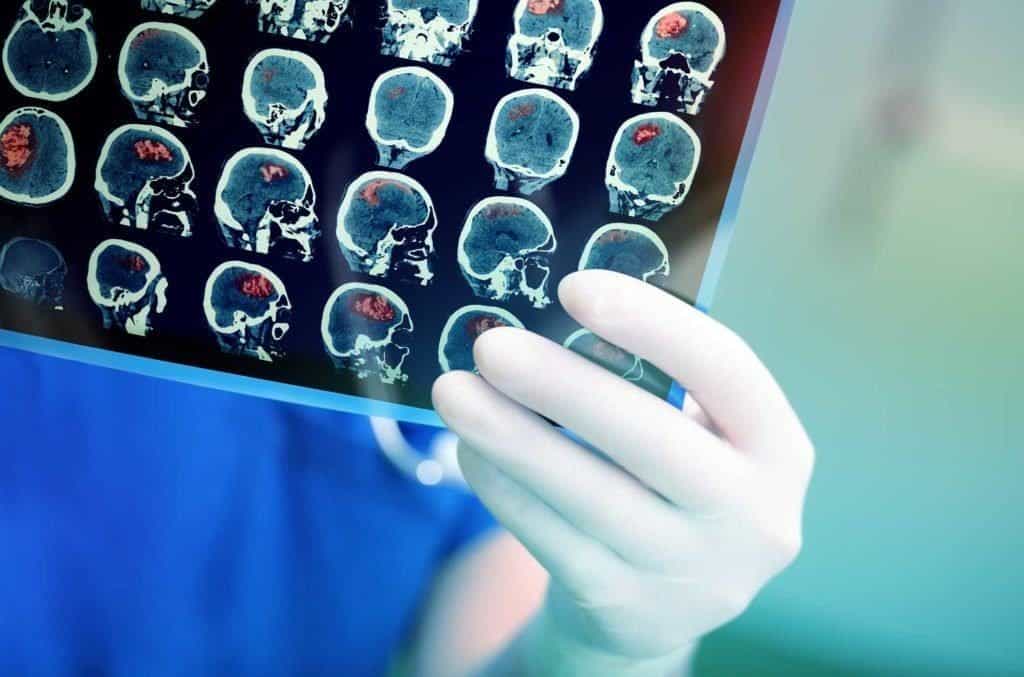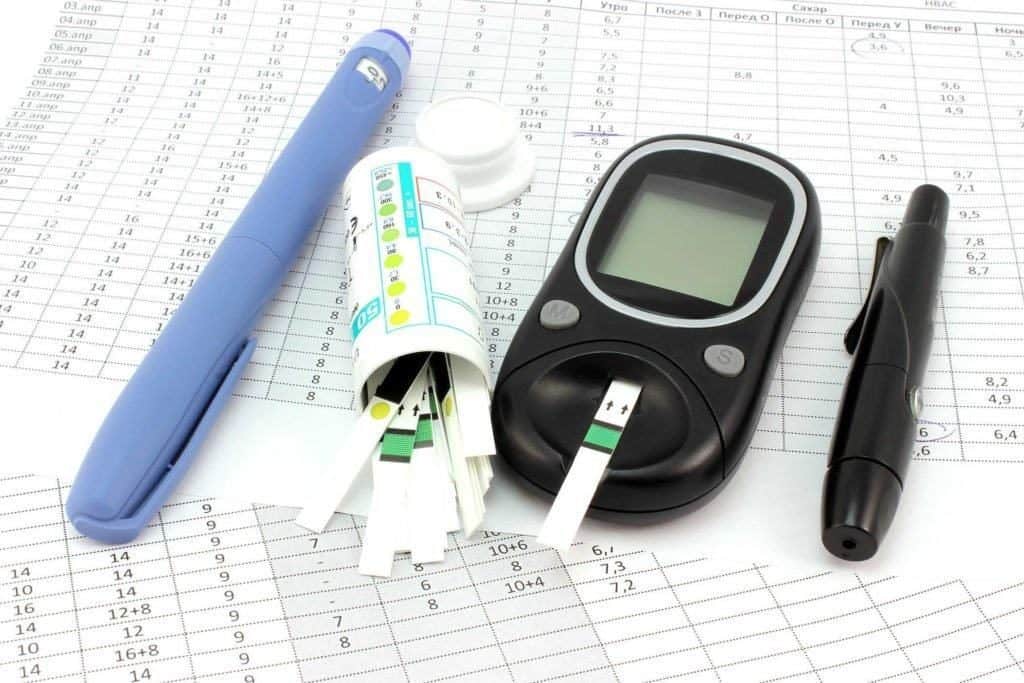Contents:
- Medical Video: LDL and HDL Cholesterol | Good and Bad Cholesterol | Nucleus Health
- What is cholesterol?
- Various benefits of cholesterol in the body
- 1. Cell protection
- 2. Helps produce vitamin D
- 3. Forming hormones
- 4. Forming bile acids
- 5. Maintain brain function
- What are the consequences if the body lacks cholesterol?
Medical Video: LDL and HDL Cholesterol | Good and Bad Cholesterol | Nucleus Health
Cholesterol has a bad reputation in society. High cholesterol levels have long been associated with coronary heart disease, heart attack, or stroke. But even though it is feared, there are many benefits of cholesterol for the body - of course if your cholesterol level is kept within the normal threshold. What are the functions of cholesterol in the body?
What is cholesterol?
Cholesterol is a type of fat found in all cells in the body. Reporting from the page of Harvard Medical School, sabout 20% of the cholesterol in your body comes from animal products. However, the body can also produce its own cholesterol to balance it.
Cholesterol circulates in the body through the bloodstream in the form of lipoproteins. There are two types of lipoproteins that carry cholesterol throughout your body, that isHDL cholesterol is known as good cholesterol, and LDL cholesterol is known as bad cholesterol.
Various benefits of cholesterol in the body
The existence of cholesterol is actually very needed to support the body's metabolic processes. So, what are the functions of cholesterol in the body?
1. Cell protection
The body consists of a collection of cells that will form a network and organs. Well, every cell in the body will have the outermost layer as a protector. This cell protectormade of one of them from cholesterol.
Cholesterol is a rigid fat, so it is more ideal for maintaining cell integrity than other types of fat in the body. Strong cells willforming tissues and organs that function optimally.
2. Helps produce vitamin D
Apart from food sources, your body can produce vitamin D automatically when exposed to sunlight. The trick is to convert cholesterol (7-dehydrocholesterol) in the skin to calcitriol. This compound is then directly channeled to the liver and kidneys to produce vitamin D needed by the body.
Vitamin D will play a major role in maintaining healthy bones and teeth, and helps function the immune system and nervous system to run optimally.
3. Forming hormones
Cholesterol is the basic ingredient in hormone formation, specifically steroid hormones which include testosterone (male sex hormones) as well as estrogen and progesterone (female sex hormones). Each of these sex hormones plays a role in regulating the functions of the human reproductive system.
In addition, cholesterol also plays a role in the formation of the hormone cortisol and aldosterone. Both of these hormones play an important role in regulating blood pressure, responding to stress, and maintaining the body's electrolyte balance.
4. Forming bile acids
Bile acids are formed by the liver (liver) with the help of cholesterol in the blood. Bile acids themselves function to break down food fats to be absorbed by the body and used as energy.
5. Maintain brain function
The brain is an organ that contains the highest cholesterol compared to other organs. Reporting from the Harvard Medical School page, 25% of body cholesterol is contained in the brain.
In the brain, cholesterol acts to facilitate the connection between nerves, called the synapse, which regulates various brain functions - especially to remember. Another function of cholesterol for brain health is maintaining brain cells.
However, we can get all the benefits of cholesterol by keeping the levels in a healthy threshold. Because the level of excess cholesterol in the body is associated with an increased risk of various chronic diseases.
What are the consequences if the body lacks cholesterol?
Low cholesterol cases are less common than cases of high cholesterol. But cholesterol levels that are far below normal can have a negative impact on health.
Low cholesterol levels are thought to have an impact on mental health.Reported from the Healthline page, research reports that women who have low cholesterol tend to show symptoms of depression and anxiety or anxiety.In addition, low cholesterol in pregnant women can increase the risk of premature birth or low birth weight (LBW).
So, as much as possible try to keep your cholesterol level within the normal threshold. In general, levelstotal cholesterol which is less than 200 mg / dl and levelsLDL (bad cholesterol) less than 100 mg / dl in blood is said to be ideal. Cholesterol can be dangerous to your health if your LDL levels reach 160 mg / dl or more, or total cholesterol levels reach 240 mg / dl or more.

